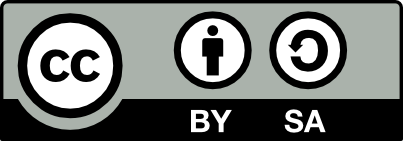Ethical Guidelines for Editor-in-Chief/Editorial Board Members
Publication decisions
The editor is responsible for deciding which of the papers submitted to the journal will be published. The editor will evaluate manuscripts without regard to the authors' race, gender, sexual orientation, religious belief, ethnic origin, citizenship, or political philosophy. The decision will be based on the paper’s importance, originality and clarity, and the study’s validity and its relevance to the journal's scope. Current legal requirements regarding libel, copyright infringement, and plagiarism should also be considered.
Confidentiality
The editor and members of editorial board must not disclose any information about a submitted manuscript to anyone other than the corresponding author, reviewers, potential reviewers, other editorial advisers, and the publisher, as appropriate.
Disclosure and conflicts of interest
Unpublished materials disclosed in a submitted paper will not be used by the editor or the members of the editorial board for their own research purposes without the author's explicit written consent.
Rejection
Editors should automatically reject manuscript that are inappropriate or out of scope of the journal.
Plagiarized or already published
Editors must investigate if they receive information that a manuscript is plagiarized, under consideration elsewhere or has already been published. If there is evidence that the manuscript has been plagiarized, under consideration elsewhere or has already been published, then the Editor-in-Chief should issue an erratum









